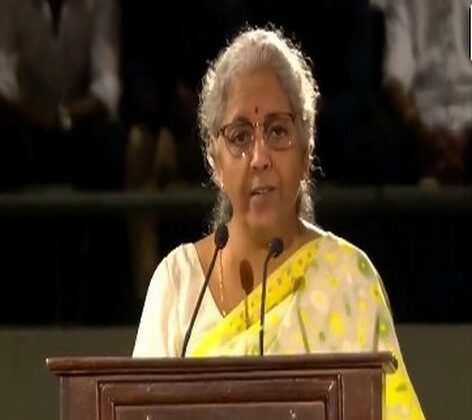
Global uncertainties prompting shift to bilateral agreements : Nirmala Sitharaman
COLOMBO : Finance Minister Smt Nirmala Sitharaman, on November 1, said that there is a greater interest in the world now to forge regional and bilateral arrangements so that countries can protect their domestic economies from global uncertainties.
“Global multilateral treaties are now receding. It is not happening. People are not wanting to talk about multilateral agreements. It might revive… All over the world, there is clear interest in having bilateral arrangements, arrangements in regional currencies,” Sitharaman said, adding that everybody is concerned about the conflict in the Middle East, the war in Ukraine, and the possibility of fuel prices spiking.
Oil markets have been on edge of late on fears of the conflict between Israel and Hamas widening to a regional one, thereby disrupting supplies. In this context, Sitharaman emphasised the importance of bilateral agreements between countries and suggested that India and Sri Lanka should also consider such an economic arrangement. She was speaking at the India-Sri Lanka Business Summit in Colombo.
“Arrangements so that you can ensure there won’t be any shocks because of currency volatilities, arrangements so that there are no foreign exchange-driven crises, arrangements that you are sure between the two countries that your food security is in place, your energy won’t go through a roller coaster ride. India and Sri Lanka should also benefit from such a bilateral arrangement,” she added.
Over the last year, Indian authorities have pushed the use of the rupee globally, with the Reserve Bank of India (RBI) announcing the setting up of a mechanism to settle global trade in rupees in July 2022. The early use of this system was seemingly for the purchase of discounted oil from sanction-hit Russia following its invasion of Ukraine in February 2022.
India entered into bilateral agreements to settle trade in local currencies with the United Arab Emirates and Sri Lanka in July. Discussions with Indonesia and Saudi Arabia to settle cross-border transactions in local currencies have also begun.

